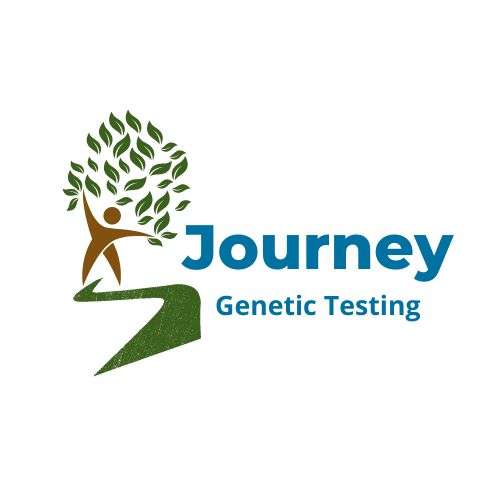FAQs About DNA Testing
Welcome to our informative webpage, “FAQs About DNA Testing.” If you’re considering or have already embarked on a DNA testing journey, you’ve come to the right place for answers. This page is your gateway to understanding the ins and outs of DNA testing in simple and straightforward terms.
From helping to undertand the testing process, to addressing concerns about privacy, our aim is to provide you with the knowledge you need to make informed decisions. We know that when it comes to DNA testing, questions are bound to arise. That’s why we’ve compiled this resource to ensure your journey is not only enlightening but also smooth. Whether you’re exploring paternity or another relationship test, our FAQs are designed to empower you with the information necessary to navigate the world of DNA testing with confidence. So, let’s dive in and get started on your quest for DNA testing knowledge.
A “loci” means a region within DNA. These regions of the DNA chain are different among individuals, and these variations are called alleles. When analyzing more regions of DNA we achieve more accurate result, because there is more data to compare each sample.
Journey Genetic Testing has strict, written policies to ensure that the DNA testing process is private. We also state that client confidentiality is protected. We will not discuss or provide information about your case to anyone other than the ordering party. This is because they are the one who provided consent for the test. All conversations with test participants are confidential and are not discussed with other test participants or their representatives.
The individual who orders the testing is the authorized party entitled to receive results. When ordering, a second individual may be authorized to receive a copy of the results. Test results are completely confidential and will not be disclosed to any additional person(s). The only exception will be with a court order. Of course the authorization of an individual who has provided consent for the test may also be used.
In most cases, health insurance (including Medicaid) will not cover paternity testing. This is because it is not considered to be medically necessary. In some cases, insurance may cover the cost of prenatal sample collection. This is usually the case if the sample will also be used for medical diagnostic purposes. An example of this would be to test for Down Syndrome.
This is one reason we make our testing as affordable as possible. We also have available no interest payment plans for most tests available to our customers.
AABB accreditation is the most widely recognized certification for DNA paternity testing laboratories and is considered the gold standard in the industry. This organization establishes rigorous standards of quality with respect to sample collection, laboratory analysis, experience, competence, confidentiality and safety, and ensures that accredited facilities comply with these standards through regular on-site inspections.
AABB is approved by the U.S. Secretary of Health and Human Services as an organization whose accreditation qualifies a laboratory (in most states) to perform chain-of-custody paternity testing for family court cases (involving child support, custody, etc.). It is also approved by the U.S. Department of State and USCIS, which require that DNA relationship tests to be used for U.S. immigration purposes be performed only by AABB-accredited facilities.
If your results will be presented as evidence to any government authority or official tribunal, then you should ensure that an AABB-accredited facility performs the testing. In so doing, you can be confident that the results are not only trustworthy, but also unlikely to face judicial challenge or rejection.
Our testing laboratory is proud to be one of the few (less than 40) DNA testing facilities currently accredited by AABB.
No. However, for legally-admissible paternity tests, in the absence of a court order, consent for testing of minor children must be provided by an adult who has the legal authority to do so.
Yes. DNA testing provides general information regarding biological relationships. Thus, questions such as: “Are these two individuals related as full siblings or half siblings?”, “Are the twins identical or fraternal?” and “Do these two individuals share the same maternal lineage?” can be addressed. The amount of genetic information that can be obtained may vary from case to case. If you have questions, a consultation with one of our Genetic Consultants is recommended. You can reach us at 1-855-362-5224.

